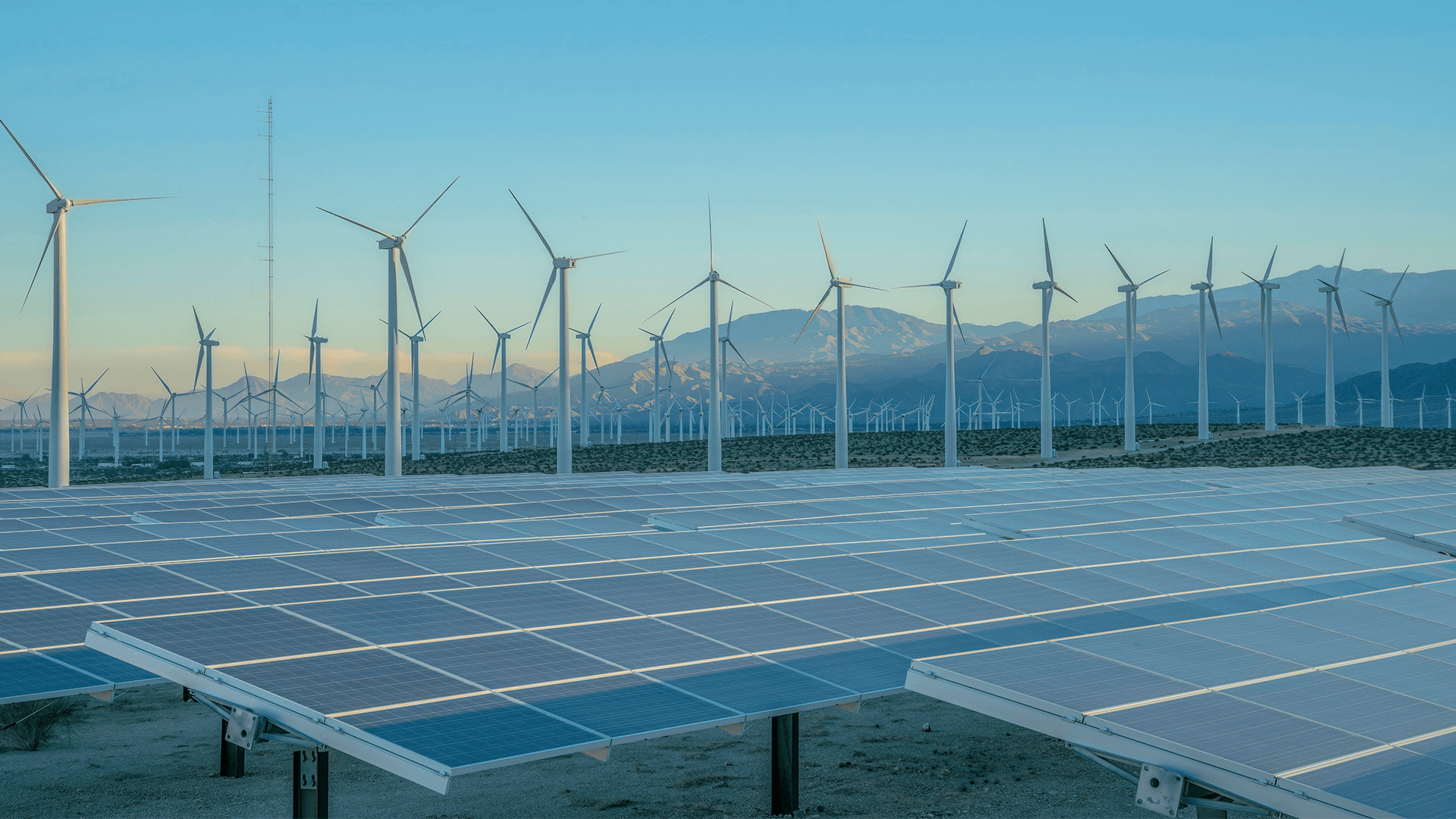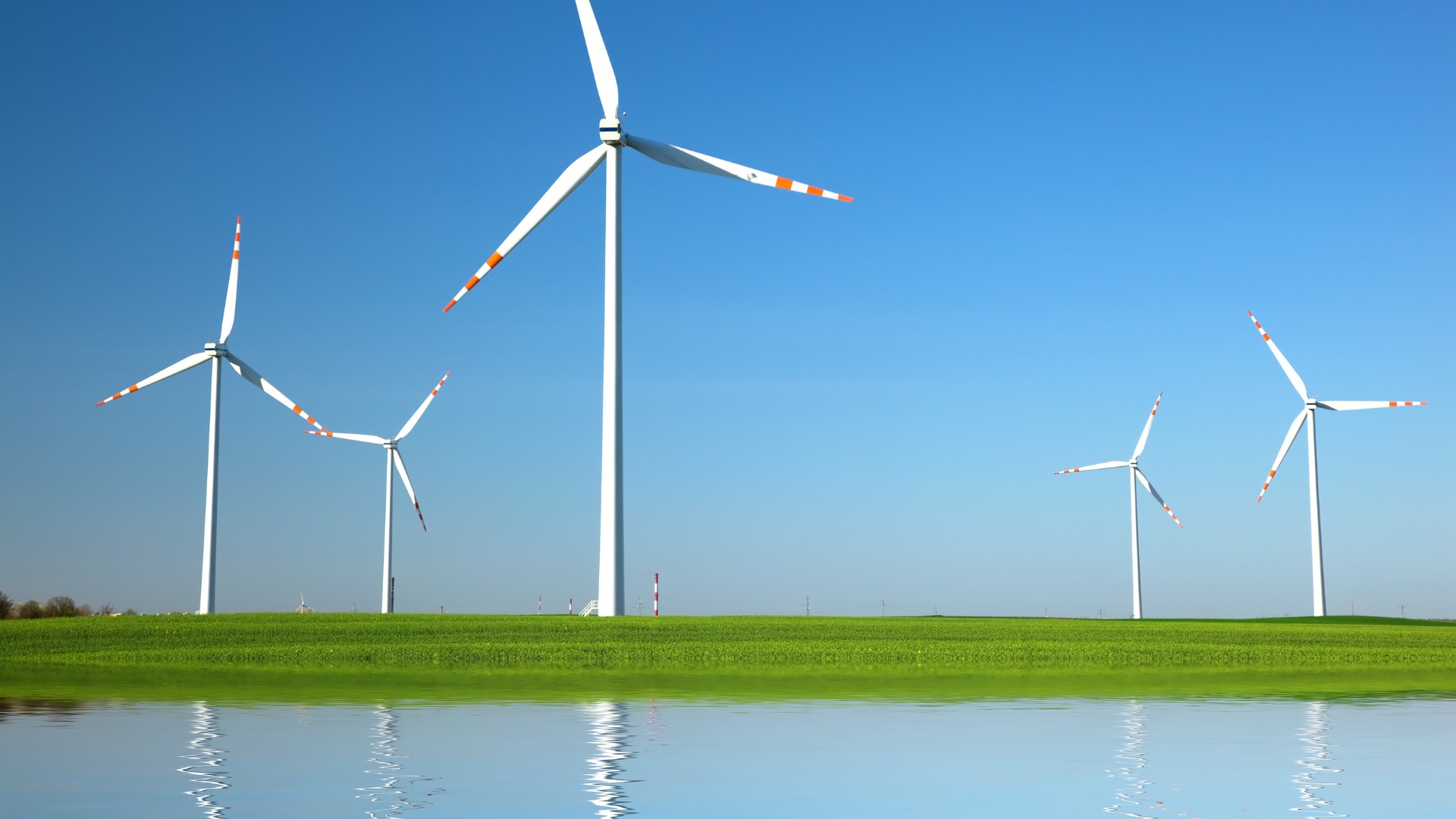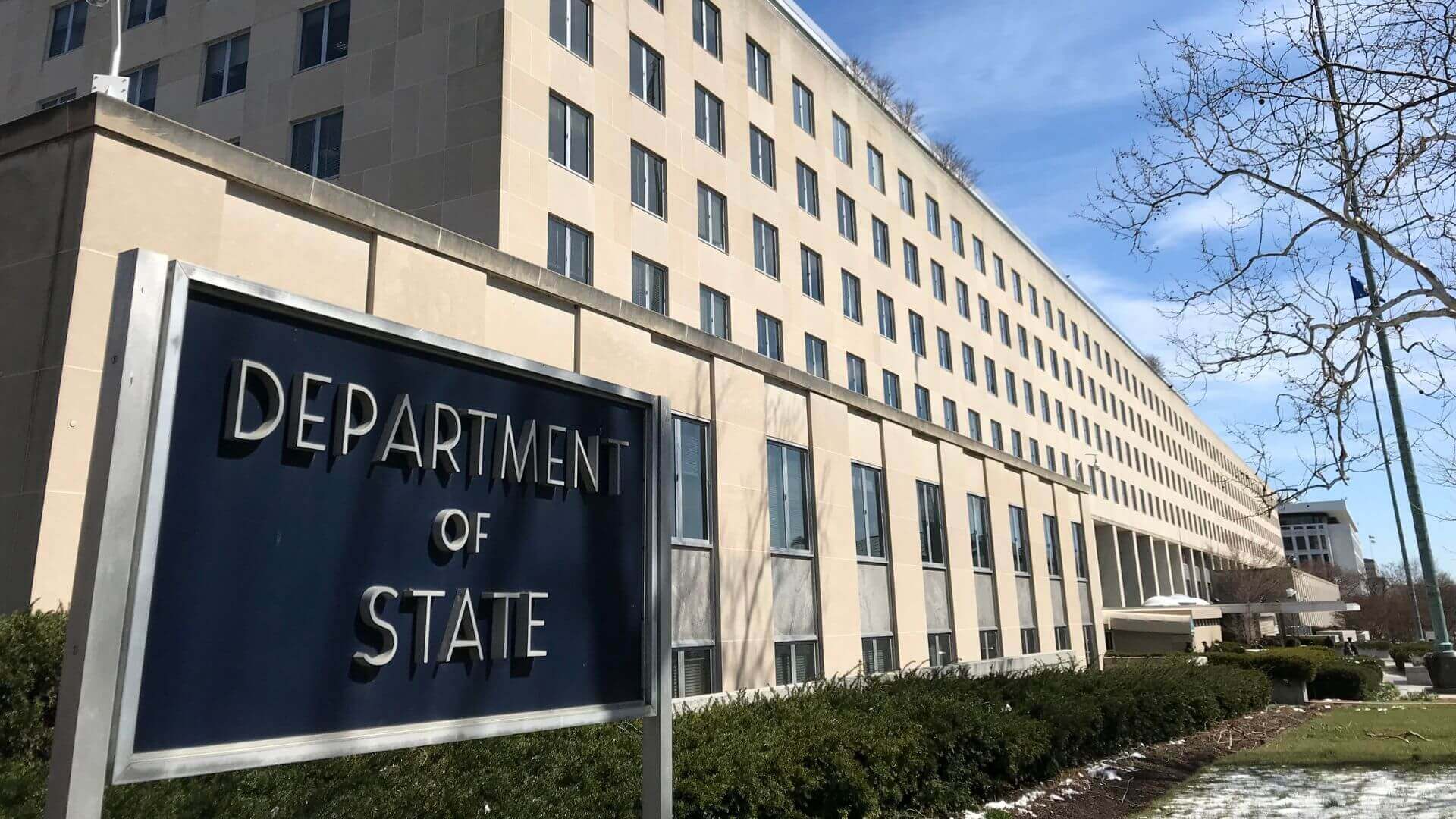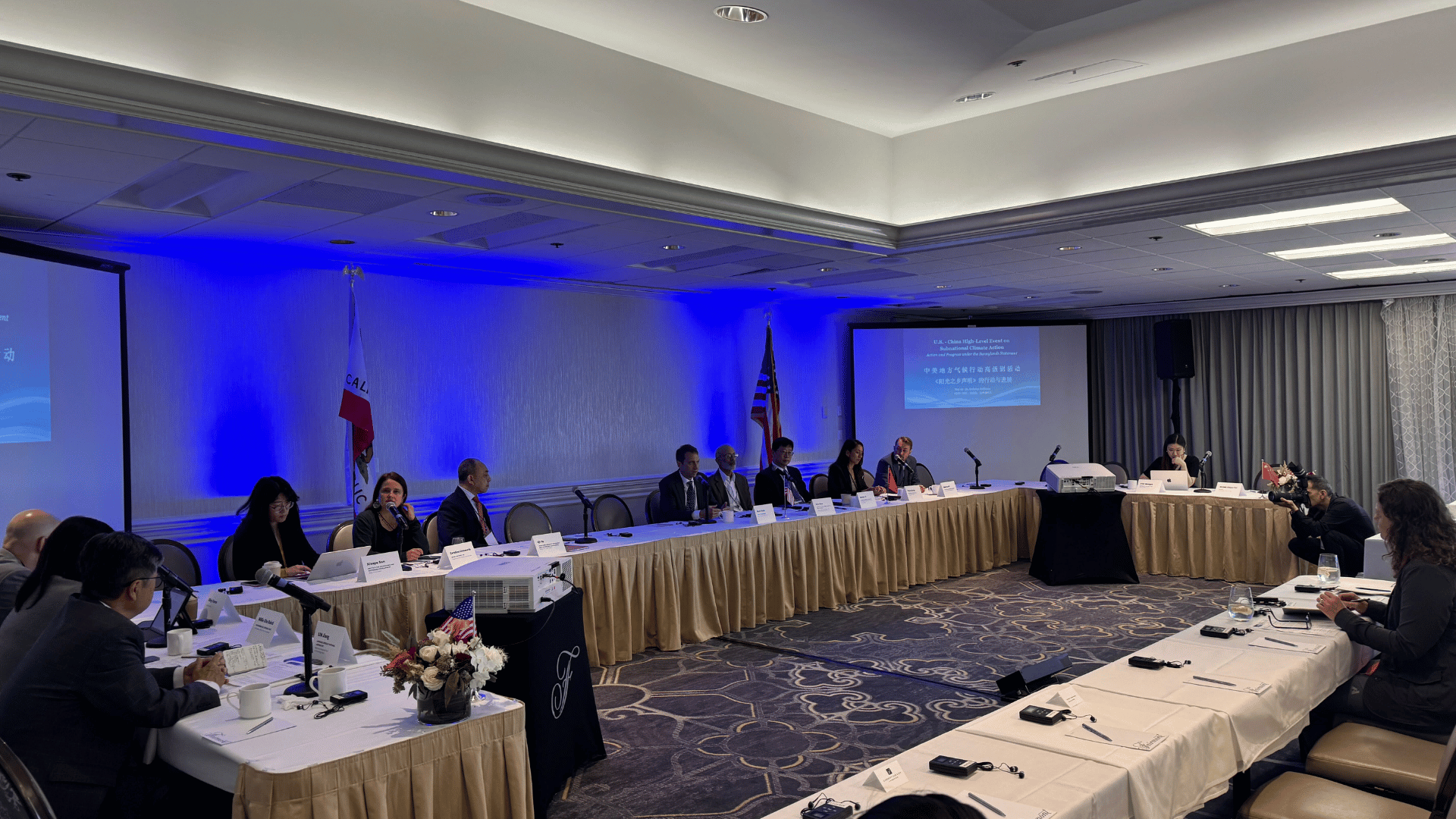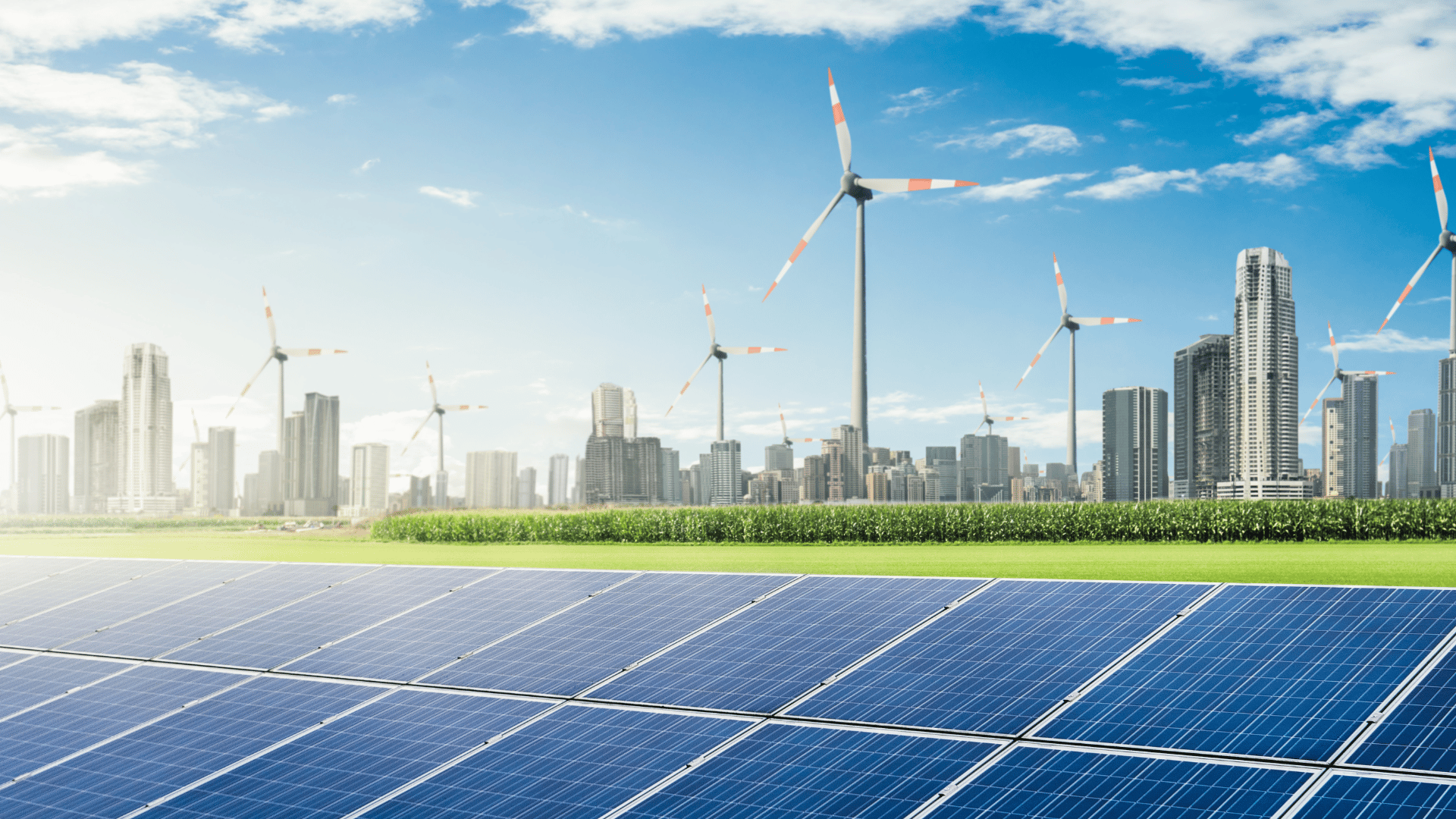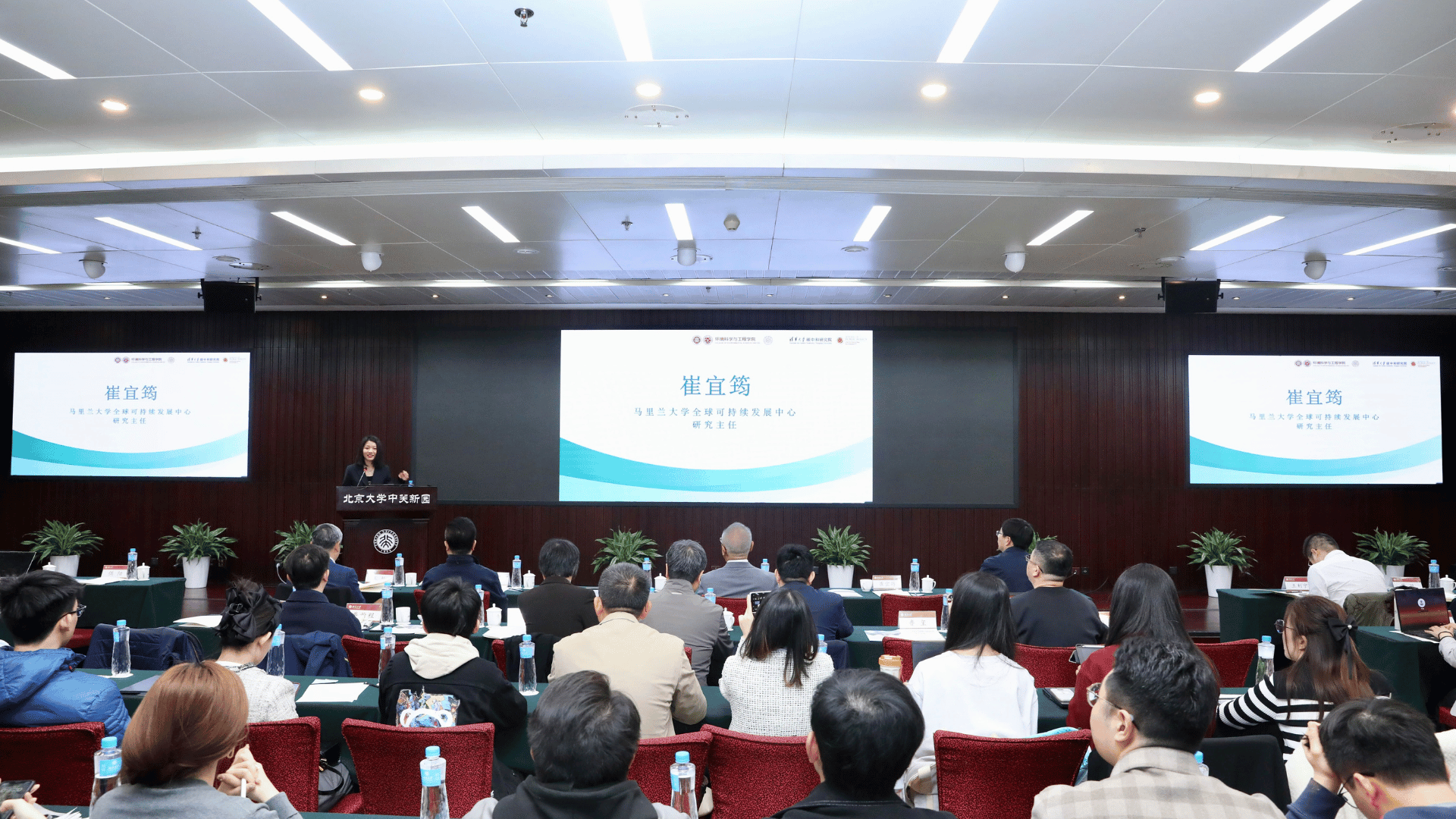Nate Hultman is the founding director of the Center for Global Sustainability at the University of Maryland, and professor in the School of Public Policy. Hultman’s work focuses on developing, setting and achieving ambitious national climate goals, including nationally determined contributions under the Paris Agreement. This work includes various analytical and policy approaches to national climate strategies, including climate target setting, assessment, implementation and Nationally Determined Contributions (NDCs) under the Paris Agreement; U.S. NDCs and long-term net-zero strategy; international climate policy; the role of subnational actors to support national and global climate action; U.S.-China bilateral climate engagement; non-CO2 greenhouse gas reductions; and national climate strategies in China, Indonesia, Brazil, India, Korea and others.
Hultman has served in government several times. From June 2024 to January 2025, he was distinguished senior advisor for climate ambition in the Office of the Special Presidential Envoy for Climate at the U.S. Department of State, where he contributed to the 2035 U.S. NDC, bilateral country engagements on NDCs and the COP29 Baku climate negotiations. Previously, from 2021-22, Hultman served as senior advisor in the Office of the Special Presidential Envoy for Climate at the U.S. Department of State, where he led the writing of the 2021 U.S. Long-Term Strategy and helped negotiate the U.S.-China Joint Glasgow Declaration at COP26. In the Obama White House, he helped develop the 2025 U.S. NDC and participated in the Lima and Paris climate negotiations.
Hultman has also participated in the UN climate negotiations as a non-governmental observer for over 27 years, starting with the Kyoto meeting. CGS was founded in 2016 to support the cycle of ambition and action under the Paris Agreement and Hultman has supported its growth to a research organization of over 60 people. He has also been a nonresident senior fellow at the Brookings Institution in Washington, DC and a visiting fellow at the University of Oxford. He holds a BA in physics from Carleton College and a PhD in Energy & Resources from the University of California, Berkeley.
- National climate strategies and NDCs under the Paris Agreement; energy policy and rapid transitions away from fossil fuels; international climate policy
Designed for students whose academic majors would be enhanced by the complementary study of a widely shared but hard-to-operationalize aspiration: that present choices should preserve or improve future options rather than foreclose or degrade them. How should we understand sustainability? How might we achieve it? How would we know if we had achieved it? And how could sustainability activists of a rising generation lead by example?
Schedule of Classes
This course provides an interdisciplinary introduction to the science, technology, economics, and politics of energy use in human societies. After an introduction to the scientific principles of transforming energy sources into usable services, we investigate specific technologies and discuss their impact on geopolitics and the environment. In doing so we seek to address these questions, among others: What is the role of energy in national security? What is the future of oil and how do new resources and new demand centers affect energy security? What are the implications of new, long-term supplies of unconventional gas from fracking? What role can nuclear power serve for the next century? Do wind and solar power have the potential to supplant other energy sources? What will climate change policy mean for our energy mix? How might developing countries undertake a low-carbon energy transition? What is the proper balance of regulation and free market operation in energy and electricity markets? What new technologies are on the horizon, and how promising are they? Given extensive current activity on this topic, the course will retain flexibility to take advantage of relevant DC-area academic, government, or agency events, hearings, and/or conferences.
Schedule of Classes

Successfully addressing the climate crisis while achieving sustainable development goals will require carefully constructed strategies to enact rapid economic transitions to a cleaner economy—tailored to national circumstances and priorities. The Center for Global Sustainability has deep expertise in country-specific analytical and policy approaches across key sectors and in support of a 1.5°C-pathway.
Learn More about National Climate Strategies
Through our research on the state of global coal, CGS conducts analysis on the trends of global coal power -- leveraging and building on new global datasets to paint a global and country-specific picture of coal power worldwide.
Learn More about Program to Accelerate the Global Coal Transition
The Center for Global Sustainability is the analytical lead for America Is All In - a coalition of over 4,000 cities, states, businesses, universities, communities of faith, and others that have pledged their commitment to support the goals of the Paris Agreement. CGS works with U.S. subnational and international partners to deliver analysis that informs how an "all-of-society" climate strategy can drive actionable and feasible policy. CGS informs U.S. climate policy from the local to global through developing integrated modeling and climate scenarios for the federal government, advising on international discussions to ramp up ambition, and collaborating from the bottom up to move the resources necessary to set and achieve ambitious climate goals.
Learn More about U.S. Program
The China Program at CGS integrates scientific research, education, policy analysis, and stakeholder engagement to help understand and inform the development and deployment of China’s climate, energy, and environment strategies across international, national, and local contexts.
Learn More about China Program
The Center for Global Sustainability focuses on policies that can help in accelerating the development and deployment of clean energy technologies. This includes assessment of emerging technologies, institutional structures and policies, and financing models both in the United States and in diverse global contexts.
Learn More about Energy Pathways: Innovation, Economics, and PolicySchool Authors: Kowan O’Keefe, Matthew Binsted, Leon Clarke, Yiyun 'Ryna' Cui, Nathan Hultman
Other Authors: Robert Hunt Sprinkle
School Authors: Jiehong Lou, Yiyun 'Ryna' Cui, Nathan Hultman
Other Authors: Shiqi Chen
School Authors: Jiehong Lou, Maria Borrero, Jenna Behrendt, Yiyun 'Ryna' Cui, Nathan Hultman
Other Authors: Dmitry Churlyaev, Alexandra Kreis
School Authors: Jenna Behrendt, Maria Borrero, Mel George, Christoph Bertram, Nathan Hultman, Yiyun 'Ryna' Cui
Other Authors: Hyuntae Choi, Jiheun Ha, Sangin Park, Haewon McJeon
School Authors: Alicia Zhao, Kiara Ordonez Olazabal , Claire Squire, Kowan O’Keefe, Stephanie Vo, Laura Hinkle, Michelle Faggert, Jiehong Lou, Yiyun 'Ryna' Cui, Nathan Hultman
Other Authors: Adriana Bryant, Dhruv Modi
School Authors: Alicia Zhao, Christoph Bertram, Kiara Ordonez Olazabal , Laura Hinkle, Claire Squire, Yiyun 'Ryna' Cui, Nathan Hultman
School Authors: Maria Borrero, Yiyun 'Ryna' Cui, Jenna Behrendt, Christoph Bertram, Jiehong Lou, Kowan O’Keefe, Xinyue Li, Nathan Hultman
Other Authors: Alexandra Kreis, Dmitry Churlyaev, Mohammed Syed, Luli Pesqueira, Jordi Tovilla, Daniel Buira, Thalia Hernández
School Authors: Yiyun 'Ryna' Cui, Jiehong Lou, Maria Borrero, Jenna Behrendt, Xinyue Li, Audrey Rader, Molly Schreier, Claire Squire, Tiruwork Berhanu Tibebu, Christoph Bertram, Andy Miller, Nathan Hultman
Other Authors: Dmitry Churlyaev, Mohammed Syed
School Authors: Nathan Hultman, Yiyun 'Ryna' Cui, Jenna Behrendt, Maria Borrero, Christoph Bertram, Xavier Nelson-Rowntree, Jiehong Lou, Alicia Zhao, Andy Miller, Claire Squire, Audrey Rader, Kiara Ordonez Olazabal , Kowan O’Keefe, Mel George, Molly Schreier, Tiruwork Berhanu Tibebu, Xinyue Li
Other Authors: Alexandra Kreis, Dmitry Churlyaev, Mohammed Syed
School Authors: Alicia Zhao, Yiyun 'Ryna' Cui, Claire Squire, Kiara Ordonez Olazabal , Laura Hinkle, Stephanie Vo, Michelle Faggert, Camryn Dahl, Nathan Hultman
Other Authors: Carla Campos Morales, Jiaxun Sun, Wei Peng, Xiangjie Chen, Xinyuan Huang, Kuishuang Feng, Adriana Bryant
School Authors: Jenna Behrendt, Steven J. Smith, Xinzhao Cheng, Yiyun 'Ryna' Cui, Nathan Hultman
Other Authors: Sha Yu, Shiqi Chen, Haiwen Zhang, Mengye Zhu, Jared Williams, Anom Ashok Dule, Wenli Li
School Authors: Jenna Behrendt, Maria Borrero, Mel George, Christoph Bertram, Audrey Rader, Jiehong Lou, Nathan Hultman, Yiyun 'Ryna' Cui
Other Authors: Dmitry Churlyaev, Alexandra Kreis
School Authors: Alicia Zhao, Gokul Iyer, Haewon McJeon, Yiyun 'Ryna' Cui, Nathan Hultman
Other Authors: Xinyuan Huang, Wei Peng, Yang Ou, Shannon Kennedy
School Authors: Gokul Iyer, Thomas B. Wild , Nathan Hultman
Other Authors: Brinda Yarlagadda, Xin Zhao, Jonathan Lamontagne
School Authors: Alicia Zhao, Kowan O’Keefe, Claire Squire, Kiara Ordonez Olazabal , Camryn Dahl, Yiyun 'Ryna' Cui, Nathan Hultman
Other Authors: Adriana Bryant
School Authors: Gokul Iyer, Alicia Zhao, Yiyun 'Ryna' Cui, Allen Fawcett, Haewon McJeon, Nathan Hultman
Other Authors: Adriana Bryant, John Bistline, Geoffrey Blanford, Rachel Goldstein, Amanda Levin, Megan Mahajan, Robbie Orvis
School Authors: Kathleen Kennedy, Stephanie Vo, Nathan Hultman
Other Authors: Philip G. Joyce, Linda Loubert, David Talavera Zabre, Juan Pablo Martinez Guzmán
School Authors: Kathleen Kennedy, Stephanie Vo, Steven J. Smith, Jiehong Lou, Yiyun 'Ryna' Cui, Nathan Hultman
Other Authors: Kasey Vangelov, Bhavika Buddi
School Authors: Kathleen Kennedy, Bradley Phelps, Stephanie Vo, Steven J. Smith, Nathan Hultman
Other Authors: Sreyas Chintapalli, Susanna M. Thon
School Authors: Jiehong Lou, Sha Yu, Yiyun 'Ryna' Cui, Andy Miller, Nathan Hultman

